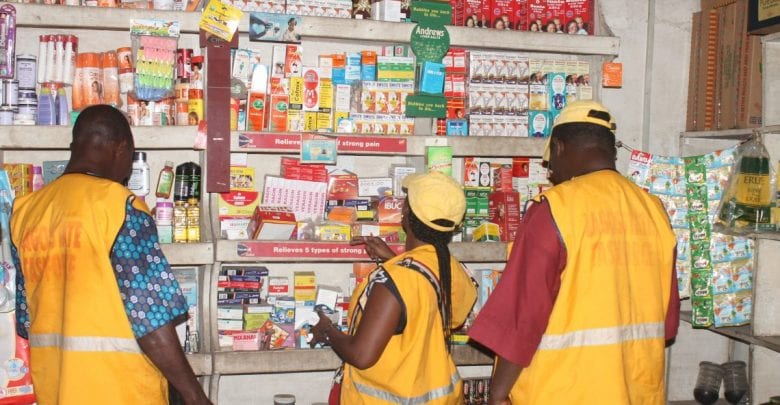
The cost of medicines in Nigeria has soared nearly tenfold over the past ten months, plunging patients into a desperate struggle to afford essential treatments.
The surge in prices has been attributed to the significant depreciation of the naira following the removal of currency controls in June, as reported by pharmaceutical industry officials.
The departure of GlaxoSmithKline, a prominent British pharmaceutical company, alongside heightened competition from local rivals and an influx of drug imports from India and China, has further exacerbated the situation.
Patients grappling with these exorbitant costs are now compelled to make drastic choices.
Sodiq Ajibade, an asthmatic patient, revealed, “I used to buy three prescribed medicines, but now I have reduced to two, that is penicillin and aminophylline.”
According to Statista, only a meagre 3% of Nigerians have access to health insurance, leaving the burden of procuring medications solely on individuals.
The absence of responses from Nigeria’s health ministry and National Agency for Food and Drug Administration and Control has added to the concerns, exacerbating the distressing circumstances patients face.
Cyril Usifoh, president of the Pharmaceutical Society of Nigeria, highlighted the country’s dependence on imported drugs and pharmaceutical ingredients.
He said the drastic devaluation of the naira since June has led to an alarming price surge, affecting crucial medications for chronic ailments and everyday illnesses.
According to him, the Seretide asthma inhaler by GSK, which cost 8,000 naira in April, is now being sold for up to 70,000 naira. Similarly, antibiotics like augmentin have skyrocketed prices from 4,500 naira in July to a staggering 25,000.
Usifoh expressed serious concerns, particularly about the inflated prices of critical drugs for conditions like cancer, hypertension, and diabetes.
“I am particularly worried about things like cancer drugs, anti-hypertensive drugs, diabetic drugs. The price has been astronomical.
“If you have two, three drugs on your prescription you may find that you don’t have enough money to buy all of them,” said Usifoh.
Many patients are now faced with the harsh reality of being unable to afford multiple prescribed medications due to financial strain.
In light of these soaring costs, individuals like 43-year-old Kano farmer Ubaidullah Nuhu Yusuf have been driven to explore traditional remedies out of sheer necessity.
“By boiling guava and pawpaw leaves … and inhaling the steam, this has proven effective to curing malaria and typhoid since affording an injection and buying the drugs is a problem,” Yusuf disclosed, reflecting the dire circumstances forcing individuals to seek alternative, albeit unconventional, solutions to their healthcare needs.
